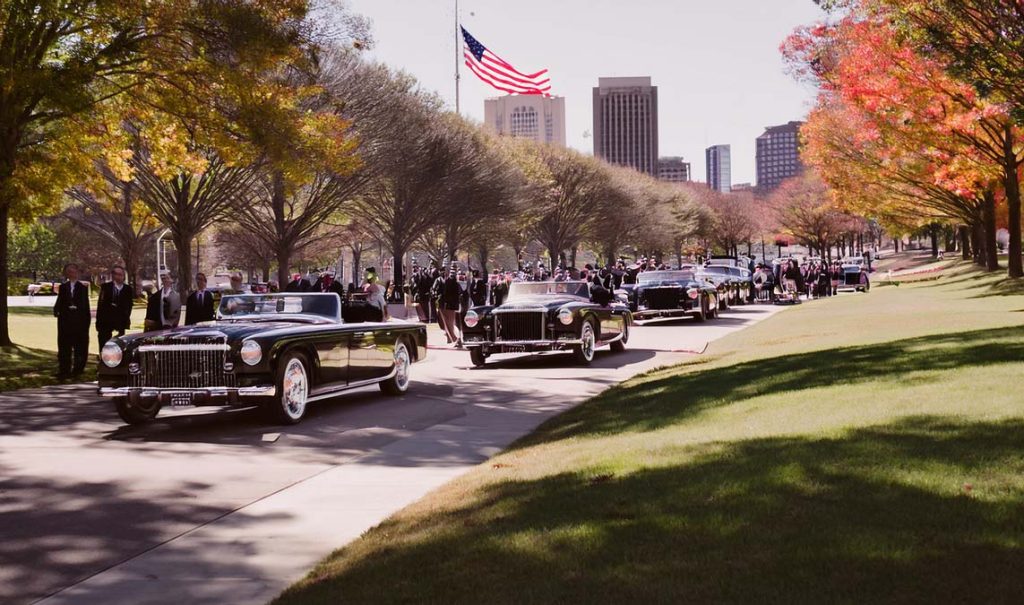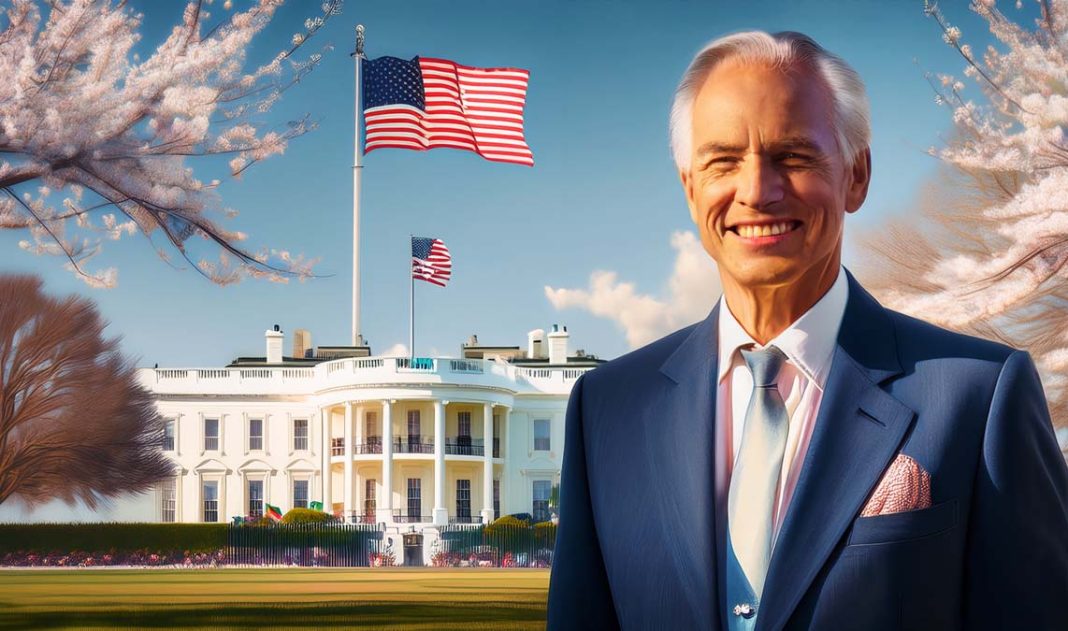The Assassination Attempt on Reagan (1981): A Defining Chapter for Those Turning 65
The Assassination Attempt on Reagan (1981) remains one of the most shocking events in American political history. On March 30, 1981, just 69 days into his presidency, President Ronald Reagan was shot outside the Washington Hilton Hotel. Although he survived, the attempt sent shockwaves across the nation. For those who were in their early 20s at the time, this event marked a turning point in how they viewed politics, security, and leadership. Now, as this same group approaches a new milestone—turning 65—the memories of that day still resonate, especially as they navigate important decisions like signing up for Medicare.
A Day That Changed the Nation
The assassination attempt on Reagan (1981) occurred just after he had delivered a speech at an AFL-CIO meeting. As Reagan exited the building, John Hinckley Jr. fired six shots, one of which struck the president. Secret Service agents and bystanders were also wounded in the chaos. Fortunately, swift action saved the president’s life. Reagan’s calm demeanor—even cracking jokes while being wheeled into surgery—cemented his image as a strong and resilient leader.
This moment tested the country’s emergency response systems and raised pressing concerns about presidential security. More importantly, it galvanized a generation into greater political awareness. Many Americans who are now nearing retirement age remember exactly where they were when they heard the news. It was one of those moments that forever etched itself into the national psyche.
Assassination Attempt on Reagan (1981): What Has Changed
In 1981, personal computers were emerging, MTV hadn’t yet launched, and gas cost less than $1. A gallon of milk was around $1.83, and interest rates were sky-high. The country was recovering from a deep recession, and President Reagan’s economic policies—dubbed “Reaganomics”—were only beginning to take shape.
For individuals turning 65 today, these memories are more than just nostalgia. They are reference points that have shaped their worldview. As they now evaluate healthcare options and prepare for retirement, they do so with a perspective forged in resilience. It is no surprise that many are now thinking about how to protect their health and future with the same sense of seriousness that was instilled during those historic years.
The Role of Media and Public Trust
Back then, Americans relied heavily on nightly news broadcasts and newspapers to receive updates. The assassination attempt on Reagan (1981) was among the first such events to unfold in near real-time on national television. As images of Reagan being rushed into a limousine flashed across screens, the country held its breath. This media exposure not only highlighted the vulnerability of leadership but also brought the nation closer together.
Those turning 65 today have witnessed the evolution of media—from analog broadcasts to digital streams and social media. However, the sense of collective awareness that began during that turbulent time has not waned. Instead, it’s evolved, guiding how they now approach important choices like enrolling in Medicare, planning for the future, and staying informed about current issues.
Lessons in Preparedness and Planning
One of the enduring lessons from the Reagan assassination attempt is the value of preparedness. Because of quick medical intervention and detailed security protocols, a national tragedy was averted. Similarly, for those approaching their 65th birthday, preparation is equally crucial—especially when it comes to healthcare.
Turning 65 is a significant milestone. Not only is it a time to reflect on decades past, but it also signals eligibility for Medicare enrollment. The transition to Medicare can seem overwhelming at first. However, just as the nation learned to navigate uncertainty in 1981, individuals today can lean on available resources, advisors, and their own knowledge to make informed decisions.
Assassination Attempt on Reagan (1981) From Crisis to Confidence
After recovering from the assassination attempt, Reagan returned to office stronger than ever. His approval ratings soared, and he went on to serve two full terms. His comeback story is a reminder of the power of resilience—a trait shared by the very generation now celebrating their 65th year.
With retirement on the horizon, many are seeking that same level of stability and assurance. Thankfully, Medicare offers a safety net that—when understood properly—can provide peace of mind. Whether it’s Part A for hospital services, Part B for outpatient care, or additional coverage options, knowing the basics can make a world of difference.

How to Approach Medicare with Confidence
As with any major transition, timing is everything. For those turning 65 this year, it’s important to know:
- – The Initial Enrollment Period (IEP) begins three months before your 65th birthday and lasts for seven months.
- – Delaying enrollment can lead to penalties unless you have qualifying coverage elsewhere.
- – Medicare Advantage and Supplement plans can fill in gaps and offer extra benefits.
Much like staying informed during the Reagan era helped Americans make sense of the world, staying informed now empowers individuals to choose the right coverage for their health needs.
Remembering the Past, Planning for the Future
The assassination attempt on Reagan (1981) was not just a political incident; it was a defining experience for a generation that is now looking forward to retirement. As they reflect on moments like these, they also look ahead—determined to secure the care, dignity, and independence they deserve.
By learning from history, planning proactively, and leaning into trusted resources, today’s 65-year-olds can navigate Medicare and retirement with the same grace and fortitude that carried them through that unforgettable spring of 1981.
Final Thoughts
The world has changed drastically since 1981, yet the values of resilience, preparedness, and informed decision-making remain timeless. For those turning 65 and contemplating Medicare enrollment, there’s power in looking back at defining moments like the assassination attempt on Reagan (1981). These shared memories offer not only context but also courage—reminding us all that even in uncertain times, we can face the future with confidence.




